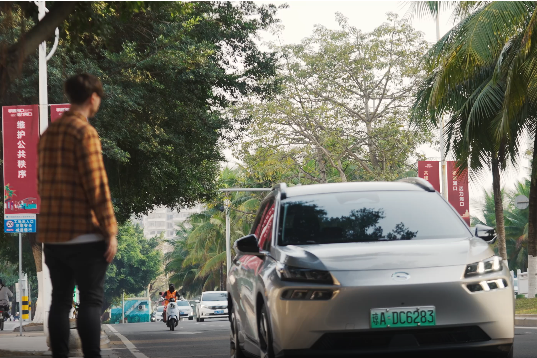In the small town of Paracambi, which is about a three-hour drive from Rio de Janeiro, Brazil, stands the Rio converter station of the Belo Monte phase II ultra-high-voltage (UHV) transmission project. The project was built and is managed by the State Grid Corporation of China (State Grid).
The major challenge for Brazil, a country with abundant hydropower resources, is how to transmit electricity from the resource-rich areas to the energy-consuming regions over a long distance. While 80 percent of Brazil's electricity is used by the more developed areas in southern and southeastern parts of the country, main power plants are located in the northern Amazon basin, more than 2,000 kilometers away. The fast growing demand for electricity calls for a "power expressway" to accomplish the transmission task.

China's unique UHV power transmission technology has become an ideal solution to Brazil's specific needs due to its large capacity, low energy loss and cost, environmental conservation and safety.
From the various international bidders for the Belo Monte transmission project, the State Grid stood out and won with its UHV technologies in collaboration with Centrais Elétricas Brasileiras SA (Eletrobras) in February 2014. State Grid secured an independent bid for the second phase of Belo Monte transmission project in July 2015.
The project has become a symbol for China to undertake the building of hydropower plants with its UHV technologies and equipment in other countries.
The Belo Monte phase II UHV transmission project starts from Belo Monte and ends in Rio de Janeiro. Running over 2,500 kilometers through 81 cities in five states from north to south, the project involves the world's longest ±800kV ultra-high-voltage direct current (UHVDC) transmission line. This extensive endeavor can meet the energy needs of about 22 million Brazilians, about 10 percent of the country's total population.
During the construction process, workers of the State Grid have strictly followed Brazilian laws on environmental protection, strengthened the conservation of both wildlife and plants, and made utmost efforts to minimize negative environmental impacts. Statistics show that they have registered 936 species of animals, saved 60 types of endangered plants, grown 1,100 hectares of trees and grasses in relocated areas, and invested BRL 30 million (about 51 million yuan) in environmental protection.
As of February 2023, the Belo Monte phase II UHV transmission project had delivered more than 160 billion kilowatt-hours of electricity, equivalent to 57 million tons of standard coal and a reduction of 159 million tons of carbon dioxide. It has fundamentally driven Brazilian economic and social development and facilitated transition toward low-carbon energy consumption.
In 2019, the Belo Monte phase II UHV transmission project received the 2019 Best Commission's Brazilian Social Environmental Management Practice Award by Benchmarking Brazil in accordance with appraisal indicators of the United Nations' Sustainable Development Goals. It has become a demonstration project for environmental protection, legal operation and zero environmental penalty in the past decade.
State Grid has earnestly fulfilled its corporate social responsibilities in the midst of the construction and operation of the Belo Monte phase II UHV transmission project. For instance, the company has built and renovated 1,970 kilometers of roads and 350 bridges, taken part in the salvation and conservation of the UNECSO-listed Valongo Wharf Archaeological Site, and provided the Mare do Amanha Orchestra with long-term financial assistance to make a positive change to the life of many impoverished Brazilian children.
In October 2021, the poverty alleviation initiative of the Belo Monte phase II UHV transmission project became an award-winning case study of the Global Solicitation on Best Poverty Reduction Practices (Second Call), which was jointly held by the United Nations, the World Bank and other international institutions.
The successful building and stable operation of the Belo Monte transmission project has fully demonstrated the positive image of Chinese enterprises, deepened the traditional friendship between China and Brazil, developed into a new anchor for the two countries to forge a comprehensive strategic partnership, and become a signature program for international cooperation on electricity.






